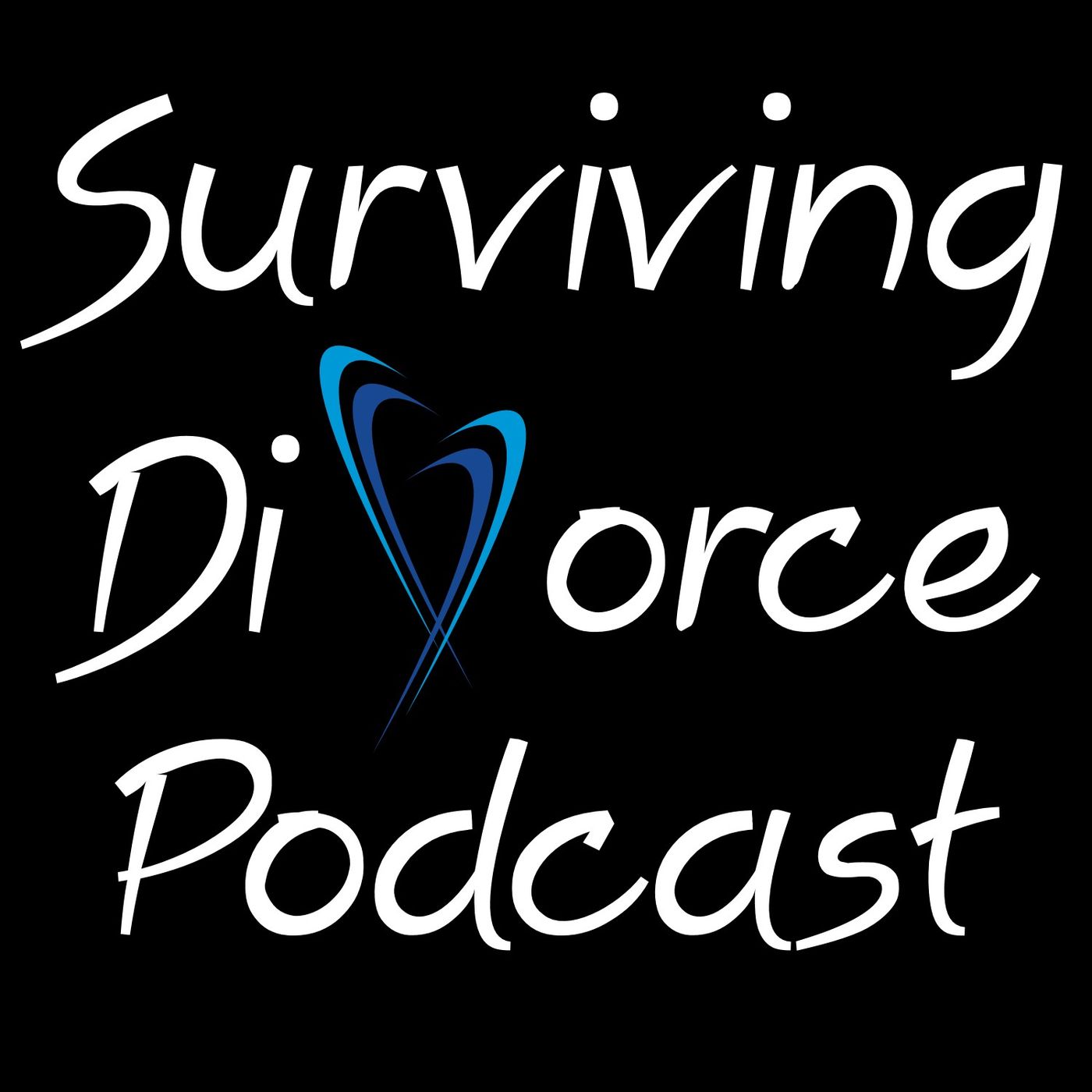- Culture
- SEE MORE
- classical
- general
- talk
- News
- Family
- Bürgerfunk
- pop
- Islam
- soul
- jazz
- Comedy
- humor
- wissenschaft
- opera
- baroque
- gesellschaft
- theater
- Local
- alternative
- electro
- rock
- rap
- lifestyle
- Music
- como
- RNE
- ballads
- greek
- Buddhism
- deportes
- christian
- Technology
- piano
- djs
- Dance
- dutch
- flamenco
- social
- hope
- christian rock
- academia
- afrique
- Business
- musique
- ελληνική-μουσική
- religion
- World radio
- Zarzuela
- travel
- World
- NFL
- media
- Art
- public
- Sports
- Gospel
- st.
- baptist
- Leisure
- Kids & Family
- musical
- club
- Health & Fitness
- True Crime
- Fiction
- children
- Society & Culture
- TV & Film
- gold
- kunst
- música
- gay
- Natural
- a
- francais
- bach
- economics
- kultur
- evangelical
- tech
- Opinion
- Government
- gaming
- College
- technik
- History
- Jesus
- Health
- movies
- radio
- services
- Church
- podcast
- Education
- international
- Transportation
- Other
- kids
- podcasts
- philadelphia
- Noticias
- love
- sport
- Salud
- film
- and
- 4chan
- Disco
- Stories
- fashion
- Arts
- interviews
- hardstyle
- entertainment
- humour
- medieval
- literature
- alma
- Cultura
- video
- TV
- Science
- en
037 SDP Divorce Recovery: An Overview

I want to go back and revisit some of the basics of divorce recovery. I know that some of you have listened to all of the episodes to date and I want to thank you for that, but for those that have just found the podcast I want to give an overview of the process of healing after divorce.
Along with burying a spouse or child, divorce is one of the most painful events you can face in life. The pain can be just as intense as the death of a loved one but it is also accompanied by feelings of anger, betrayal, rejection, etc. that are not typically associated with such a death. We don't expect someone who has lost a spouse to just snap back immediately, so why is it that so many expect divorced people to go on as if nothing happened?
How Long Will It Take?
It's just not reasonable to think that you can come through a major life event such as divorce without taking considerable time to recover. One of the first questions people have is "how long will it take for me to get over this?" Unfortunately there is no easy answer. It depends on several factors.
One of the primary factors that determines how long it will take to recover is the length of the marriage. If you were only married for one year, your recovery time will be significantly shorter than someone who was married for 30 years. This only makes sense. Other factors such as whether children are involved, if there was a significant betrayal, and how amicable the divorce process was will impact how long it takes to heal.
No matter how short the marriage was, you need to give yourself at least a year to process your grief. Getting to the point of recovery for longer marriages can take as long as one year for every three years of marriage so a person who has been married for 30 years may not be completely over the divorce for as long as 10 years. The average for longer marriages where an intentional effort is made to work through the healing process is about 5 years.
What Can You Expect During The Healing Process?
Divorce is a significant loss and we deal with losses by grieving those losses. We expect a widow or widower to grieve, unfortunately society seems to expect a newly\xa0divorced person\xa0to go out and live it up and have a good time. This only delays the grieving that must take place. It's important to treat a divorce more like a death than a promotion and give yourself a chance to heal.
As you grieve the loss of your marriage you will likely go through a series of emotional stages: denial, anger, bargaining, depression, and acceptance; however, the grieving process is not a progression through the stages. As you begin to work through the stages you will find new hurts and losses that you need to grieve and you will start the process from the beginning for each. You will also find that you move back and forth between stages as you progress.
For example, you may have been progressing through the stages at a fairly rapid rate and then find yourself stuck in depression for awhile. Then your ex does or says something that throws you back into full blown anger. Then as your anger lessens you go straight back to depression without going through a bargaining phase.
The stages don't always come in order and you won't always experience all five after the divorce. Grieving almost always starts with denial. Anger, bargaining, and depression may not come in that order or they may not come at all. You may move straight from denial to bargaining where you are begging your soon-to-be ex not to leave, offering to do whatever it take to make them stay. Or your marriage may have been so bad that you actually feel relief that it's finally over. After the initial relief you find yourself depressed. In this case the denial, anger, and bargaining likely took place in the months or years leading up to the divorce.
Other Losses
Even if you are not overly upset about the divorce itself, you will soon identify other losses that you will need to grieve.